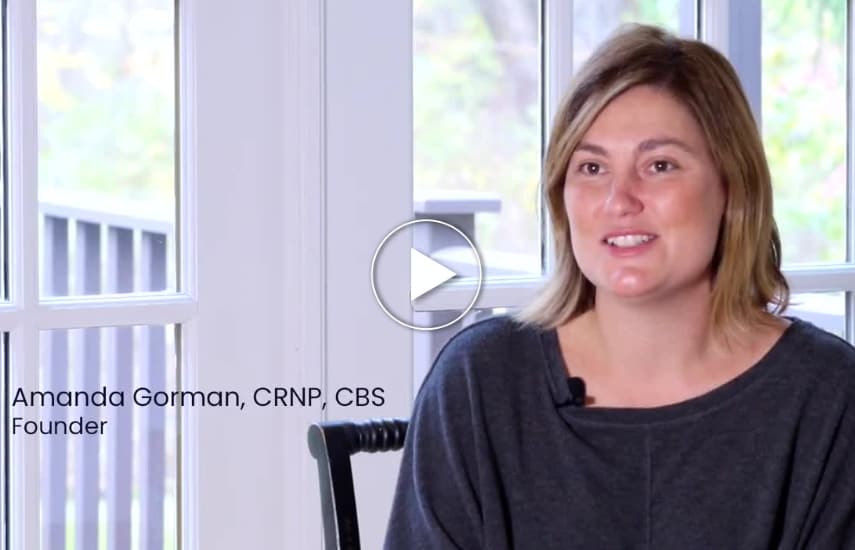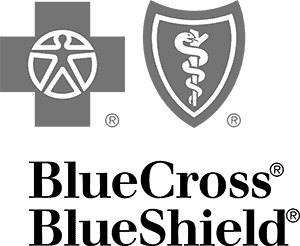What are the benefits of breastfeeding?
Breastfeeding is good for both infants and mothers. Infants who are breastfed have a lower risk of asthma, obesity, type 1 diabetes, acute ear infections, Sudden Infant Death Syndrome (SIDS), diarrhea, vomiting, and severe lower respiratory disease. Mothers who breastfeed their infants have a lower risk of breast cancer, ovarian cancer, type 2 diabetes, and high blood pressure.
Can a woman breastfeed after breast or nipple surgery?
In most cases, a woman can breastfeed after breast or nipple surgery. The longer it has been since your surgery, the better your outcome. Having your surgery at least 2 years ago will ensure your duct system is working well. Some mothers who had this surgery many years ago even have an oversupply.
Is it safe for mothers to use prescription medications while breastfeeding?
According to the CDC, a 2013 clinical report by the American Academy of Pediatrics (AAP), “The Transfer of Drugs and Therapeutics Into Human Breast Milk: An Update on Selected Topics,” indicates that most medications and immunizations are safe to use during lactation. According to the AAP, healthcare providers should weigh the risk and benefits when prescribing medications to breastfeeding mothers.
(Note: The recommendations as stated above are those of the American Academy of Pediatrics and do not represent the views of Nest Collaborative. Any course of treatment or standard of medical care is between the patient and her healthcare provider. Variations, taking into account individual circumstances, may be appropriate.)
Where can you search for specific medications and their safety in mothers while breastfeeding?
The US National Library of Medicine (NLM) at the National Institutes of Health (NIH) maintains LactMed®, a database containing information on drugs and other chemicals to which breastfeeding mothers may be exposed.
LactMed® includes information on the levels of such substances in breast milk and infant blood and the possible adverse effects in the nursing infant. Suggested therapeutic alternatives to those drugs are provided, where appropriate. All data come from scientific literature and are fully referenced. A peer review panel reviews the data for scientific validity and currency.
Another good source is the Infant Risk Center of the Texas Tech University Health Sciences Center. They are a leading research center for medication safety during pregnancy and lactation. Check out their MommyMeds for Mothers app for the latest medication safety guidelines.
How can Nest Collaborative lactation consultants help you?
At Nest Collaborative our lactation consultants provide breastfeeding support for moms and moms-to-be, anywhere, anytime. Nest Collaborative is a collection of IBCLCs who conduct online, video appointments to help guide moms through the breastfeeding process–from beginning to end.
In using telehealth through telecommunications technology we provide lactation support for prenatal and postpartum moms that addresses many lactation concerns including pain, milk supply, latch, positioning, pumping and storage concerns, and return-to-work planning. Additionally, we can effectively assist with other concerns as they relate to breastfeeding such as sleep, mood changes, maternal self-care and more.
Check out our website for a further breakdown of all the Services and Expertise we can offer you.
When is the best time to call a Nest Collaborative lactation consultant?
You should call a Nest Collaborative lactation consultant prenatally and/or just after your baby arrives. Many of our clients call about general concerns or for advice, but we also offer moral support and encouragement and can help you work through some very specific issues such as:
- Your baby isn’t gaining weight.
- Your breasts or nipples just hurt.
- Your baby has special needs.
- You have twins or triplets.
- You had breast or nipple surgery, breast implants, or a mastectomy.
At Nest Collaborative we know breastfeeding can be challenging, so we are here to help. Book an appointment today.
Do you prescribe medications?
Our lactation consultants do not prescribe medications. For lactation-related concerns that may necessitate pharmacological therapy, we work directly with your medical providers to assist you in getting the appropriate care, if authorized by you directly.
How do you set up a consultation with a lactation consultant?
At Nest Collaborative, we’ve put together a seamless process that allows you to set up a consultation all from the comfort of your home. It works like this:
- You schedule an appointment online, directly from our website, selecting your preferred provider, date, and time.
- You provide your insurance information in our secure patient portal, and our team confirms all information.
- You receive an email confirmation and an invitation to complete your registration.
- You complete your questionnaires at least 1 hour prior to your visit.
- You prepare for your consultation finding a well-lit, private, and comfortable space with a good WiFi connection to share your concerns with one of our consultants.
What can you expect during your consultation?
During your virtual appointment, your lactation consultant addresses the concerns you identify as most important and creates a plan that works for you. She also collaborates with your primary care team to keep everyone in the loop.
What do you mean by a virtual appointment?
A virtual appointment means all your healthcare is delivered via live two-way audio/video telecommunication technology from the comfort of your home. You don’t need to drive anywhere.
What if there are connection problems?
We recommend that you always use the most reliable method available to you to access the internet. WI-FI is preferred over cellular, and a wired network is preferred to wireless, though most high-speed wireless connections are sufficient.
If you lose connectivity, try to reconnect. If a connection cannot be established, your consultant will call you at the phone number listed on your account. Alternatively, you can try reaching your consultant by calling our main line at
888-598-1554.
If at any time during a telehealth visit, regardless of connectivity issues, you suspect you or your child is having an emergency, call 911 immediately.
Does Nest Collaborative take insurance?
Yes, many states mandate FULL coverage of lactation services via telehealth for MOST health insurance carriers, with no copays or deductibles. If we determine that your health insurance plan doesn’t cover our service, we will let you know prior to confirming your appointment. Discounted rates are also available if your plan will not cover our service.
Note that while most plans cover our visits at 100%, self-funded and Medicaid plans may not provide full coverage.
Currently, we are in-network with:
- Blue Cross Blue Shield
- Aetna
- United Healthcare
- Oxford Healthcare
- Husky (CT)
- Cigna
- Johns Hopkins Healthcare (EHP)
- Tricare (Prime and Standard)
- Multiplan
Most commercial health plans cover our lactation visits at 100% with no co-pay and no deductible. This is provided under state and federal (ACA) mandates. For members of our contracted networks (as specified above), there are no out-of-pocket costs, and we will bill directly to your health plan.
Discounted rates are available for members of other networks or who are uninsured. The Standard Lactation Consultation Fee is $99 for a 50-minute session and $79 for Medicaid members.
Why do you need my credit card information?
All appointments require a credit card to secure your appointment and registration. Your card will only be charged if you fail to cancel or reschedule your appointment within 2 hours of your appointment. A $25 no-show fee will be charged to your card.
For direct pay clients who agree upfront to a discounted fee for service when their plan will not cover their visit, their credit card will be charged.
Do you accept HSA or FSA benefit credit cards?
Yes. You are welcome to use an HSA or FSA benefit credit card as supplied by your benefit provider to pay for services. We are an eligible health expense.
Why do you ask for my health history?
Access to yours and your baby’s health history greatly improves the effectiveness of the telehealth-based interventions we provide. The more we know about you and your baby ahead of the visit, the more individualized care we can provide.
Can another adult join me during the consultation?
Of course! We suggest you have a support person join you. Your consultant will confirm his/her presence is okay with you at the start of your visit.
Do you offer consultations in languages other than English?
Yes! We have IBCLCs that speak Spanish, Portuguese, Urdu, and Tagalog. Book with
Oneida Segura,
Jocelyn Milanes, or
Patricia De Lima for Spanish,
Patricia De Lima for Portuguese,
Maria Itani for Urdu, or
Philline Benson for Tagalog.
I have an HMO, do I need a referral?
Yes, you will need a referral from your PCP but we will get it for you! We will put in the request for the referral once you book your appointment–and that appointment can still be booked for today if you like.
I have Medicaid, will my visit be covered?
Most Medicaid plans cover our visits, but you must have prior authorization which we can initiate once you book your appointment. If your Medicaid plan won’t cover the visit, we’ll let you know ahead of the visit, and can offer you a discounted rate.






















